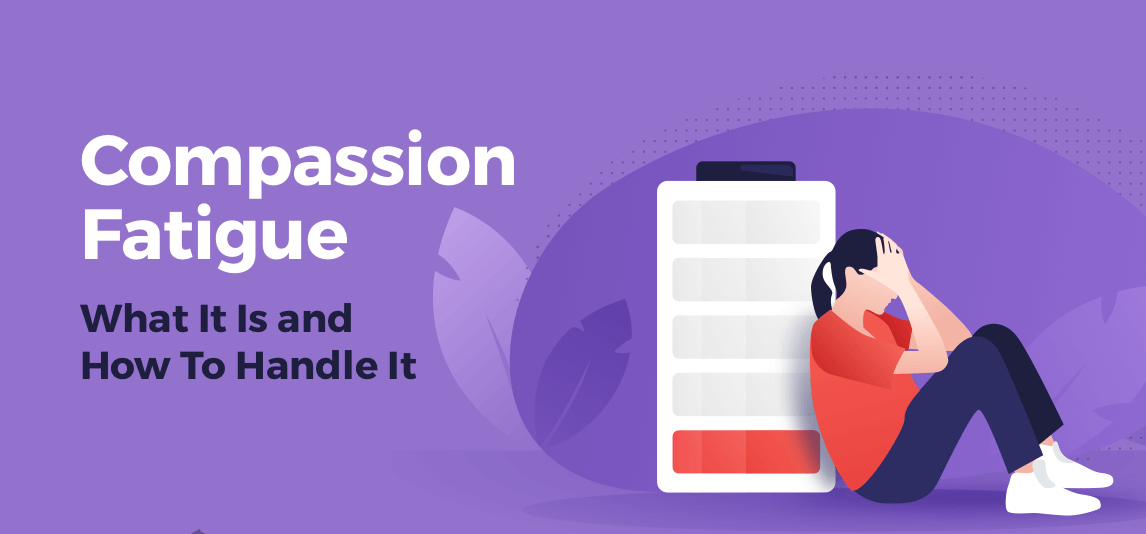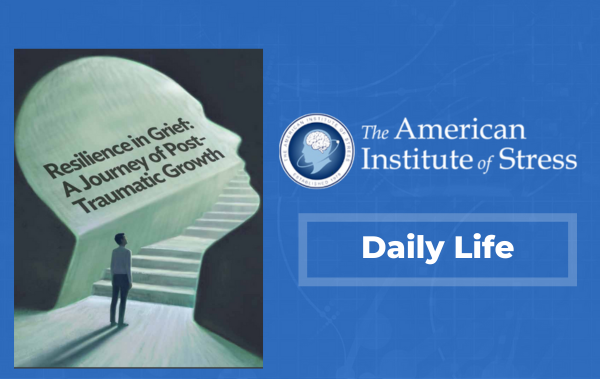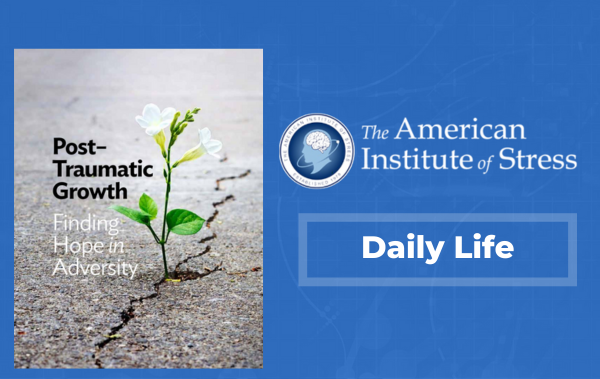 NEW BLOOMFIELD — Compassion fatigue isn’t common knowledge to the everyday person, but it’s becoming more prevalent.
NEW BLOOMFIELD — Compassion fatigue isn’t common knowledge to the everyday person, but it’s becoming more prevalent.
“Compassion fatigue is basically draining of emotional energy for those of us who deal with others pain,” said Walter Roberts, an American Red Cross disaster relief mental health lead. “Typically it has a tendency to be progressive and sneak up on people and often times we characterize this as burnout.”
MU Health Care Psychiatrist Dr. Arpit Aggarwal said the phrase, compassion fatigue, has been used to primarily to describe burnout for those who work in the clinical field.
First responders, therapists, and psychiatrists so people who are involved taking care of other people and who see a lot of suffering and see a lot of emotional problems in other people.
“We just have a large community here of people who are doing medical work, mental health work… compassion fatigue can even affect people who are… caretakers at home or in nursing homes,” she said.
Aggarwal said compassion fatigue is more like a set of symptoms and not a disease.
You can also call it emotional numbing. In other words, if you watch the same thing over and over again it doesn’t get the same amount of emotions from an individual.
However, it’s becoming a more common issue for people to deal with who don’t work in the clinical field or disaster relief programs.
“This is a comparatively newer phenomenon because… nowadays we are just so much exposed to news everywhere, you know with 24/7 news on your fingertips it’s just the dose of these traumatic events; compassion fatigue is getting more prevalent now,” Aggarwal said.
It can be really difficult to recognize compassion fatigue because most people don’t even know it exists.
Bedsworth added, “sometimes there’s just a feeling of helplessness and a lot of times people at home can be having that feeling of helplessness like there’s nothing they can do there’s nothing that’s going to get better.”
Aggarwal said compassion fatigue can present similarly to depression or anxiety and symptoms can include: irritable mood, changes in your sleep and appetite, lack of empathy, lack of pleasure in doing other stuff.
Other symptoms include “feelings of guilt or shame that are not really getting resolved notice those because those can be signs of compassion fatigue or difficulty dealing with trauma or processing trauma,” Bedsworth said.
She noted the pandemic has made compassion fatigue more common among mental health professionals.
There’s a lot of people in mid-Missouri that are experiencing it with the pandemic too that has made things a little more complicated and we’re starting to see that come up with a little more often say with mental health professionals in our community.
Roberts added for disaster relief volunteers compassion fatigue can affect more than just they’re physical and mental health.
“They may lose faith in the spirit of humanity because again they’re just overwhelmed with the daily grind of what they hear or what they see,” he said.
Not everyone gets compassion fatigue, but it can happen to anyone, Roberts said.
Everyone has to be aware that compassion fatigue can occur to those who consider themselves mentally healthy and physically strong and spiritually strong have to recognize that this is something that is very real.
Roberts said the Red Cross teaches their volunteers to remember who they are if they’re struggling with compassion fatigue.
“We encourage our people to stay grounded and to remember the things and the people that are the most important, our values our spiritual component things that make us whole,” he said.
If you’re not a disaster relief volunteer or work in the clinical field you can still be hit by compassion fatigue.
Aggarwal said the first step is to recognize you’re struggling with it.
“If you think you are suffering from compassion fatigue the first step, as I said, is to recognize it then take a step back and see what’s actually going on,” he said.
Bedsworth noted there are things you can do to help with compassion fatigue.
Things we know in the past that have helped with compassion fatigue are making sure you’re taking care of your own needs, think of it not as a selfish thing but as a maintenance it’s important to set those boundaries and find breaks.
Bedsworth also recommended writing in a journal, meditation, or talking with a friend can also help deal with compassion fatigue.
Additional resources
Click here, to learn more about compassion fatigue.
Click here, to learn more about the American Institute of Stress.
Click here, to read an article about compassion fatigue published by Psychology Today.
by Jessica Hart





